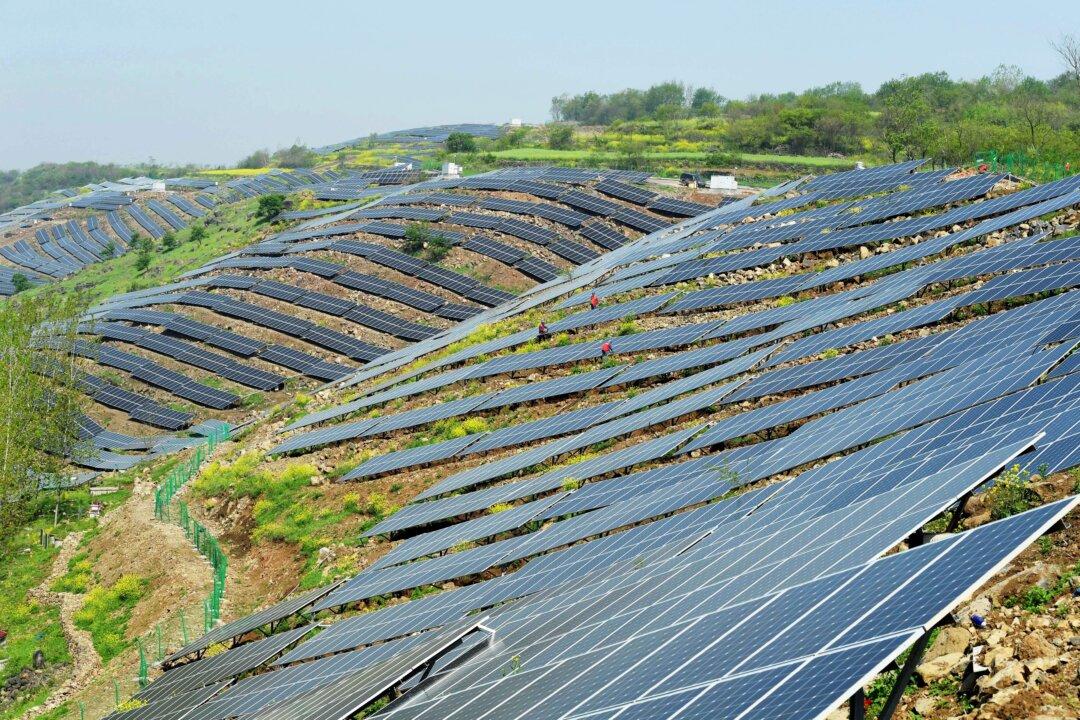Senate Minority Leader Mitch McConnell (R-Ky.) says that many of the provisions in the Democrats’ $3.5 trillion budget reconciliation bill will reward U.S. adversaries by increasing energy dependence on countries such as China and Russia.
“So, Democrats’ plans would have American families hurting badly. But it’s not even like all the sacrifice would buy some big national advantage. It’s just the opposite. Their proposals would be a huge gift, a huge gift, to adversaries like Russia and China,” McConnell said on the Senate floor on Sept. 28.





